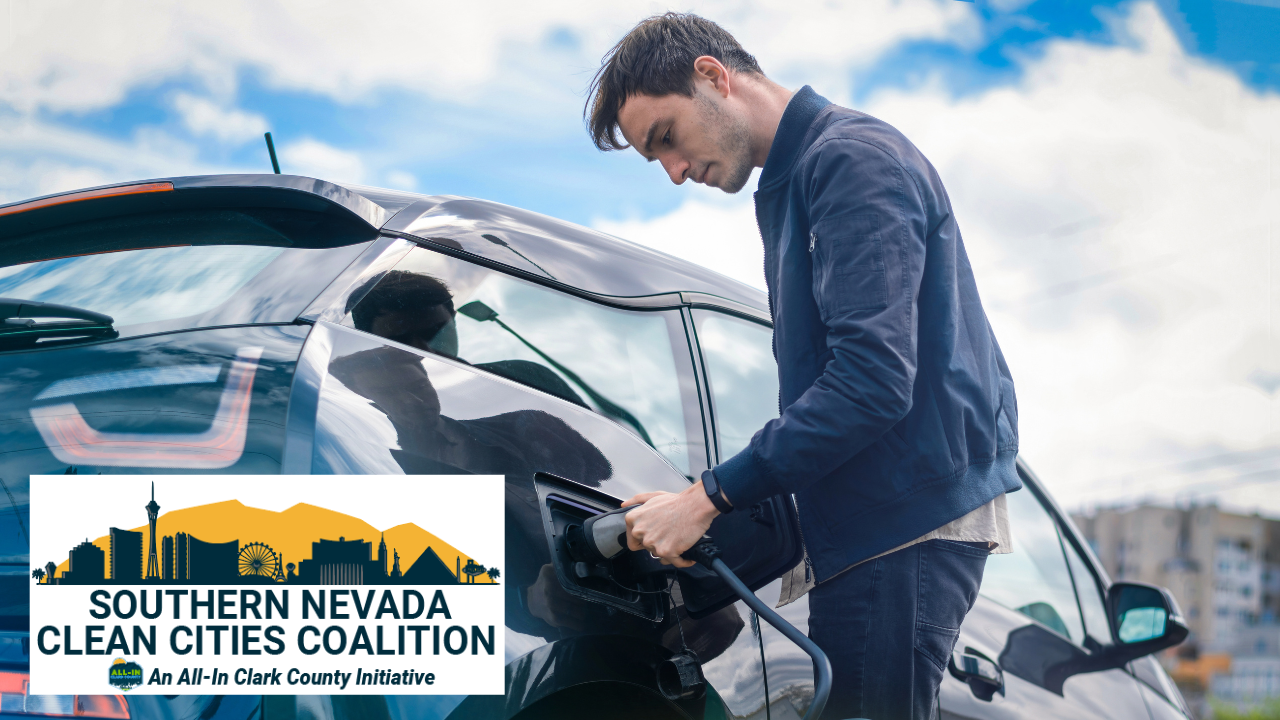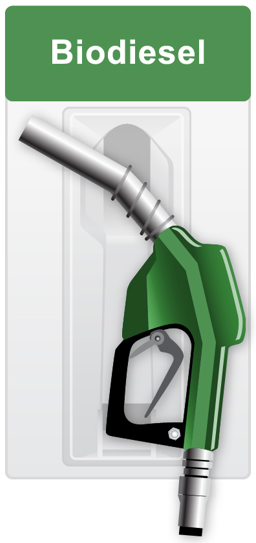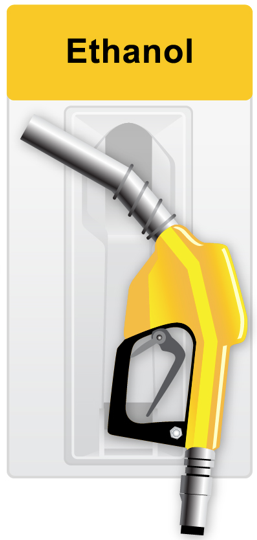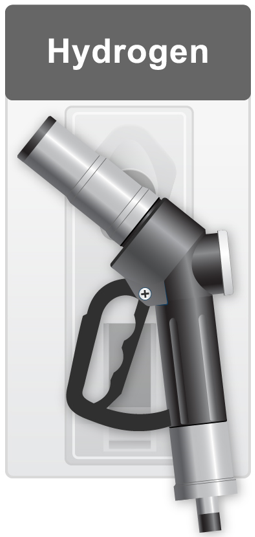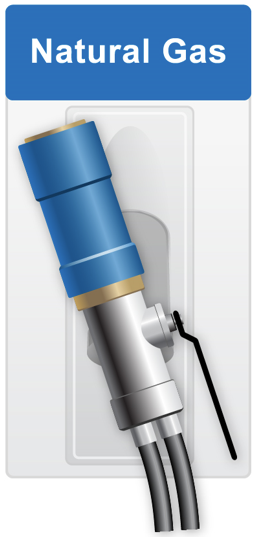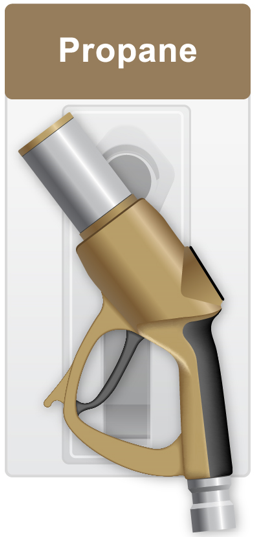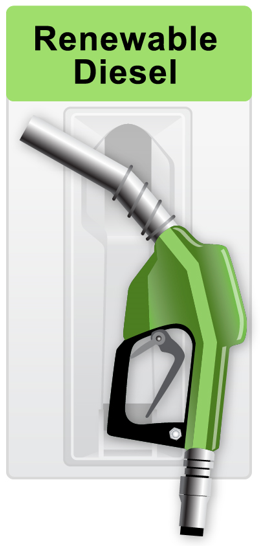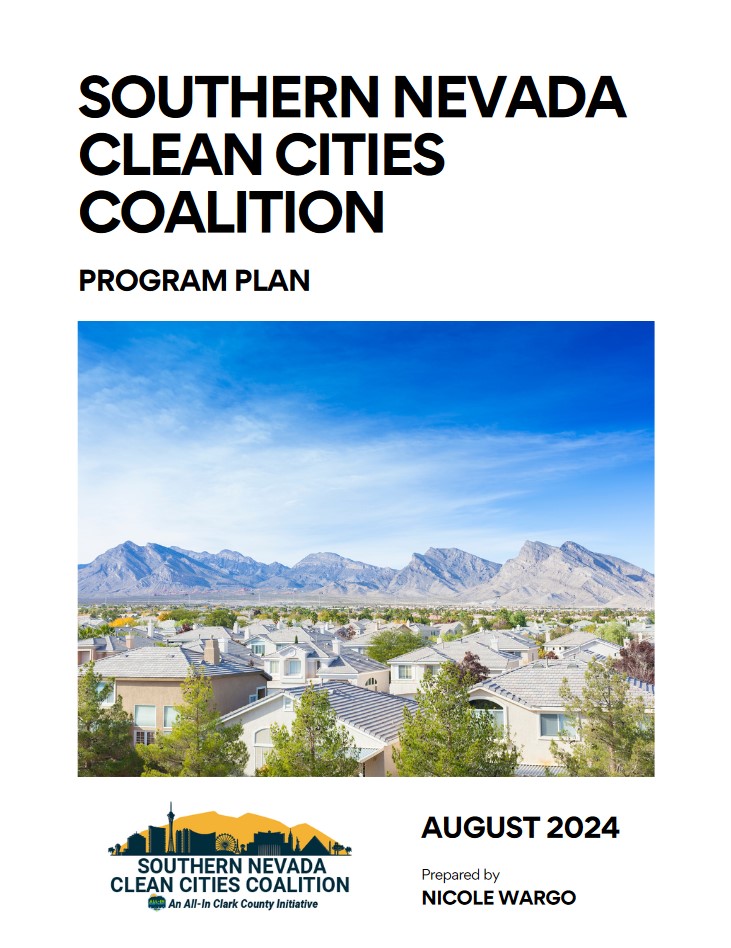Background
|
|
Learn More About Alternate Fuels
2025 Advisory Committee Co-Chairs
| Entity | Co-Chair | Title |
Nevada Department of Transportation | Kandee Bahr Worley | Division Chief, Sustainability and Emerging Transportation |
City of Henderson | Tory Jackson | Sustainability and Climate Manager |
2025 Advisory Committee
| Entity | Member | Title |
City of Henderson | Tory Jackson | Sustainability and Climate Manager |
City of Las Vegas | Marco Velotta | Planning Project Manager and Chief Sustainability Officer |
City of North Las Vegas | Kenneth Malley | Fleet Manager |
Clark County | Jeff Benites | Manager of Automotive Services |
Clark County School District (CCSD) | Lori Olson-Arzaga | Director, Environmental Services |
Harry Reid International Airport | Natalie Mansergh | Senior Management Analyst - Sustainability |
Las Vegas Valley Water District (LVVWD) | David Bourn | Fleet Manager |
Nevada Clean Energy Fund (NCEF) | Kirsten Stasio | Chief Executive Officer |
Nevada Clinicians for Climate Action | Dr. Joanne Leovy | Steering Committee Chair |
Nevada Conservation League | Kristee Watson | Executive Director |
Nevada Department of Transportation (NDOT) | Kandee Bahr Worley | Division Chief, Sustainability and Emerging Transportation |
Republic Services | Steve Orrico | Manager, Community Relations |
NV Energy | Randy Koss | Manager, Fleet Services |
Regional Transportation Commission | Deborah Reardon | Regional Planning Manager |
Southwest Gas | Justin Mahana | Administrator/Corporate Fleet Management
|
University of Nevada Reno (UNR) | Christopher Lynch | Business Environmental Program Director |
R&R Partners | Jermareon Williams | Community Affairs Manager |
CCSD Department of School Safety | Jennifer Grube | Safe Routes to School Coordinator |
Southern Nevada Clean Cities Coalition Co-Directors
The Co-Directors for SNCCC are Robert Burgy and Rosalie Miletich. Robert is stepping back into the Co-Director role in January 2026, since Alee (Alexandra) Middleton has started a new position within Clark County's Department of Environment and Sustainability. Previously, Robert temporarily led SNCCC after Nicole Wargo, who served as Acting Director during the coalition’s apprentice and designation phases.
Robert Burgy holds a Bachelor of and a Master of Arts degree in Communication Studies from the University of Nevada, Las Vegas. With over 10 years of industry experience, he serves as the Climate and Sustainability Program Manager for Clark County’s Department of Environment and Sustainability. Prior, he served in management positions supporting programs for Tesla, NV Energy, and NASA. Robert prioritizes a mentality of “sustainability as a service”.
Rosalie Miletich serves alongside Robert as Co-Director of SNCCC. She has nearly a decade of industry experience in deploying large-scale renewable energy projects (solar, energy storage, and EV charging) and is a Principal Environmental Specialist for DES. She holds a graduate certificate in Environmental Policy from University of Massachusetts Dartmouth.
Clean Cities Coalition Resources
2025-2026 Program Plan Updates - Coming Soon
